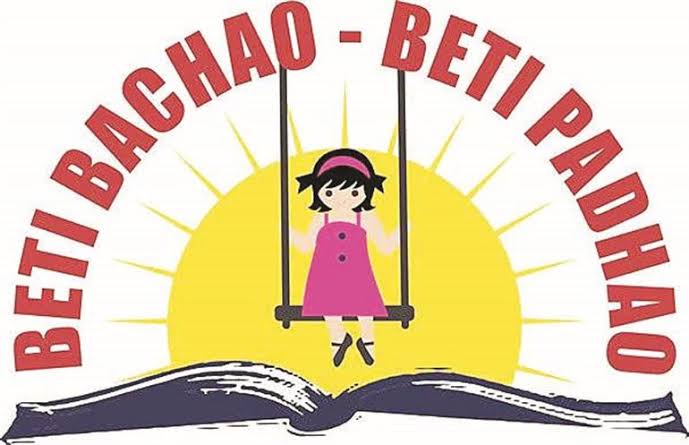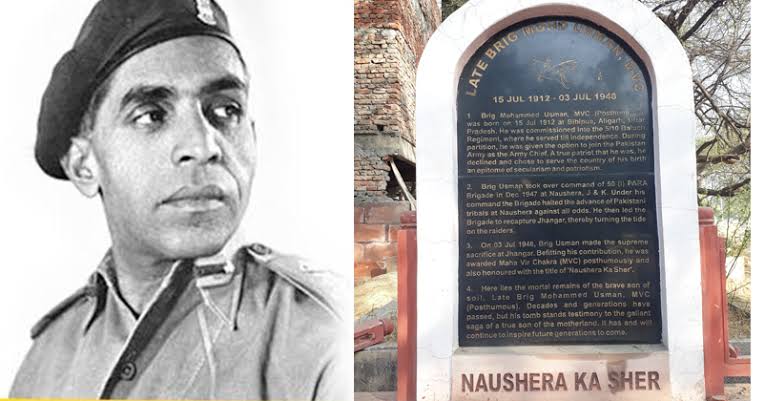A Decade of Beti Bachao Beti Padhao: Do We Really Care for Girl Child?

It's a stark paradox: despite deeply ingrained cultural values and national initiatives promoting the welfare and respect of women, gender inequality remains a pervasive issue in India, particularly in states like Haryana. While girls and women are consistently breaking barriers and achieving remarkable success across various fields, a disturbing undercurrent of discrimination, violence, and even fatal outcomes persists.
The Deep-Rooted Challenges
Historically, many northern and eastern Indian states have struggled with low female literacy rates and poor survival rates for women. Haryana, in particular, has consistently ranked at the bottom for male-female and child sex ratios, reflecting a strong societal preference for male children.
This preference often manifests in sex-selective abortions, with Haryana, Punjab, Chandigarh, and Delhi being hotspots for illegal sex determination tests. Disturbingly, even increased education and prosperity in these areas haven't curbed this practice, suggesting a deeper cultural bias.
The text highlights violence against women, including the chilling practice of "honor killings," as a significant concern in Haryana. Within families, girls often face discrimination and psychological neglect, with mothers, sometimes influenced by mothers-in-law, showing a distinct preference for sons.
Even in professional spheres, discrimination in postings is evident. Historically, women IAS and PCS officers, especially in Haryana, were denied significant roles like District Magistrate. The 2004 and 2014 observations in Gurgaon and Faridabad during elections further underscore how women officers were sidelined from crucial law and order and election duties, even when a senior woman IAS officer was the Chief Electoral Officer.
Initiatives for Change
To combat these deeply entrenched issues, the Ministry of Woman & Child Development launched the ambitious Beti Bachao Beti Padhao (BBBP) scheme on January 22, 2015, in Panipat, Haryana. Its core objectives are:
* To check the declining Child Sex Ratio.
* To stop sex-based discrimination, including sex determination tests.
* To encourage educating the girl child.
* To ensure the empowerment of women.
Following BBBP, the Sukanya Samridhi Yojana (SSY) was introduced, allowing parents to open accounts for their daughter's education and wedding, providing financial benefits and an attractive interest rate.
The Striking Success of Girls and Women
Despite facing significant hurdles, girls and women across India are excelling in unprecedented ways. For over a decade, they have consistently outperformed boys in academics, topping CBSE, ICSC, and State-level Boards, and cracking highly competitive exams like NEET, Civil Services, IIT, and All India Medical tests. Their achievements aren't limited to science; they shine in social sciences and humanities too.
Beyond academics, women are making their mark in diverse fields, from art and craft to acting, sports, civil aviation, defence, and paramilitary forces. Haryana itself, despite its challenges, has produced national and international women athletes, including wrestling and boxing champions from the Phogat family, and even India's first woman astronaut, the late Kalpana Chawla.
A Tragic Illustration: The Radhika Yadav Case
The brutal murder of Radhika Yadav, a 25-year-old state and international tennis player and coach, by her own father in July 2025, tragically highlights the underlying dangers women face, even within their own homes. Radhika, a successful athlete and coach, was shot by her father, Deepak Yadav, after an argument about her tennis career.
This chilling incident raises several unsettling questions: How could a seemingly loving father commit such a heinous act? The text suggests that Deepak Yadav, described as obstinate and short-tempered, may have been unable to cope with his daughter's success or the taunts from local friends about her being the family's primary earner. This suggests that in some traditional societies, a woman's success and independence, especially through unconventional careers like sports, can be met with resentment and resistance.
The delay in Deepak Yadav's arrest also raises concerns about the integrity of the investigation and the possibility of evidence tampering. The deletion of Radhika's Facebook account post-mortem further complicates understanding the full picture.
The Path Forward
The Radhika Yadav case serves as a stark reminder that crimes against women within the home are a global issue with devastating impacts. These acts, whether physical, sexual, or psychological, are often unreported due to fear of stigma, reprisal, or lack of awareness.
Radhika's case, where a persistent threat from within her family culminated in her murder, underscores the urgent need to address the root causes of violence and discrimination against women. Facts must not be suppressed, and awareness must be raised to prevent the continued exploitation and endangerment of women, ensuring their successes are celebrated, not condemned.
What steps do you think are most crucial to shift these deep-seated societal attitudes and truly empower women in regions like Haryana?
(Author, a former civil servant, served as the Chief Secretary in Sikkim government.)

 1 day, 16 hours ago
1 day, 16 hours ago





[[comment.comment_text]]